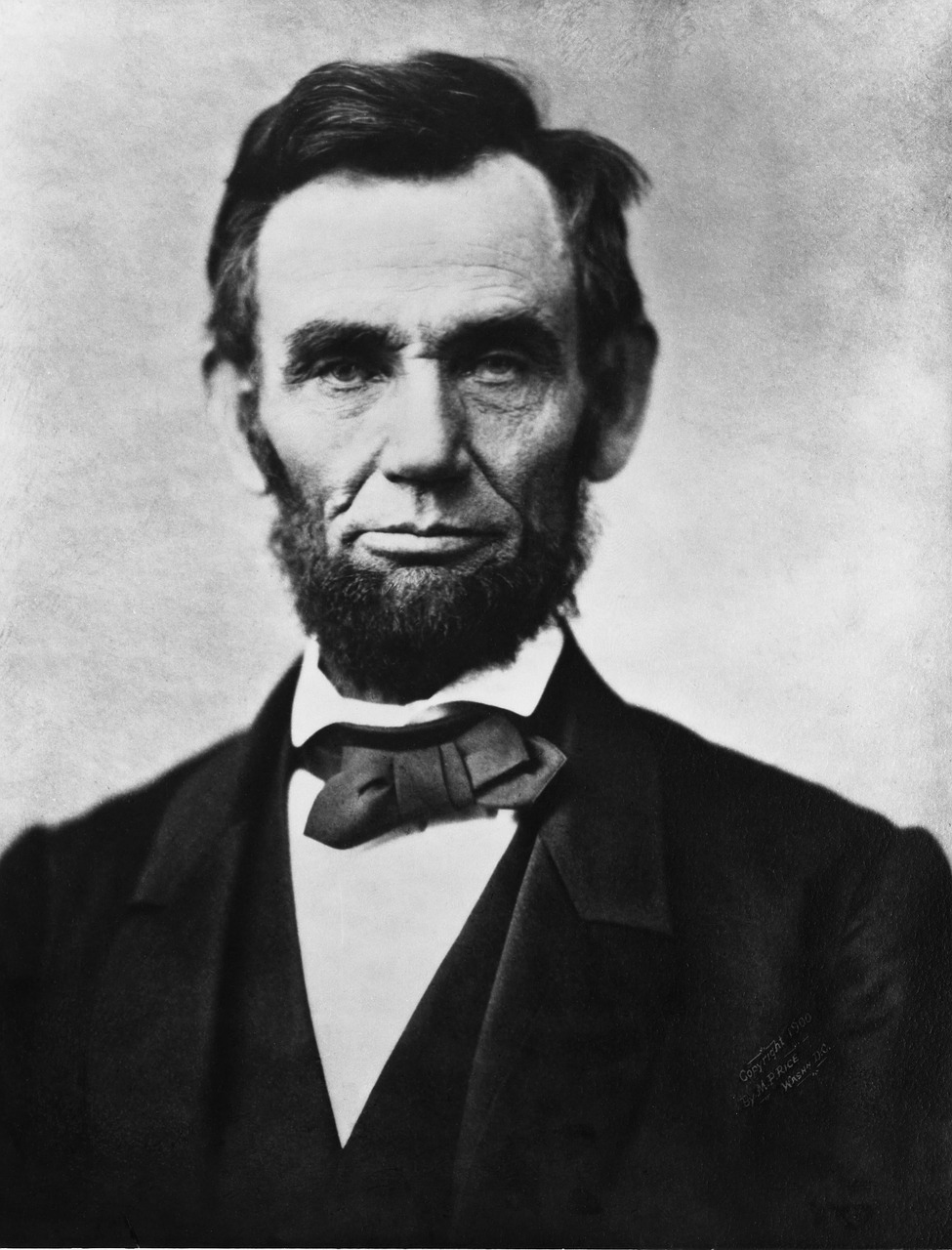On April 14, 1865, President Abraham Lincoln was shot and fatally wounded at Ford’s Theatre in Washington D.C. while attending a play with his wife, Mary Todd Lincoln. The perpetrator, John Wilkes Booth, was a famous actor and Confederate sympathizer who had been plotting the assassination of Lincoln for months.
The events of that tragic night began when Booth arrived at the theatre around 10:15 PM and made his way into the presidential box where the Lincolns were seated. He approached from behind and shot Lincoln in the back of the head at close range with a single-shot derringer pistol. Lincoln slumped forward onto Mary’s lap, and Booth leaped onto the stage, shouting “Sic semper tyrannis!” before making his escape.
The news of Lincoln’s assassination spread quickly throughout the country, plunging the nation into mourning. Flags were lowered to half-mast, businesses closed, and public gatherings were canceled. Over the next few days, thousands of people came to pay their respects as Lincoln’s body lay in state at the Capitol building.

Meanwhile, the hunt for Booth and his accomplices was on. Booth had fled the theatre on horseback and made his way to Virginia, where he and his companion David Herold hid out in a barn on the property of Richard Garrett. The barn was surrounded by Union soldiers, who demanded that Booth surrender. When he refused, the soldiers set fire to the barn, forcing Booth out. In the ensuing chaos, Booth was shot and killed by Union soldier Boston Corbett. Herold was captured and later hanged for his role in the assassination.
The aftermath of Lincoln’s assassination was a time of great uncertainty and grief for the country. Vice President Andrew Johnson was sworn in as president and faced numerous challenges in trying to lead the nation through a period of political and social unrest. The war had just ended, and there were still many issues to be resolved regarding the status of former slaves, the rebuilding of the South, and the healing of the nation’s wounds.
Today, the memory of Lincoln’s assassination continues to be a solemn reminder of the fragility of democracy and the need to uphold the principles of liberty and justice for all. The anniversary of his death is a time to reflect on the enduring values that he stood for and to renew our commitment to creating a better future for ourselves and for generations to come.
Leave a Reply